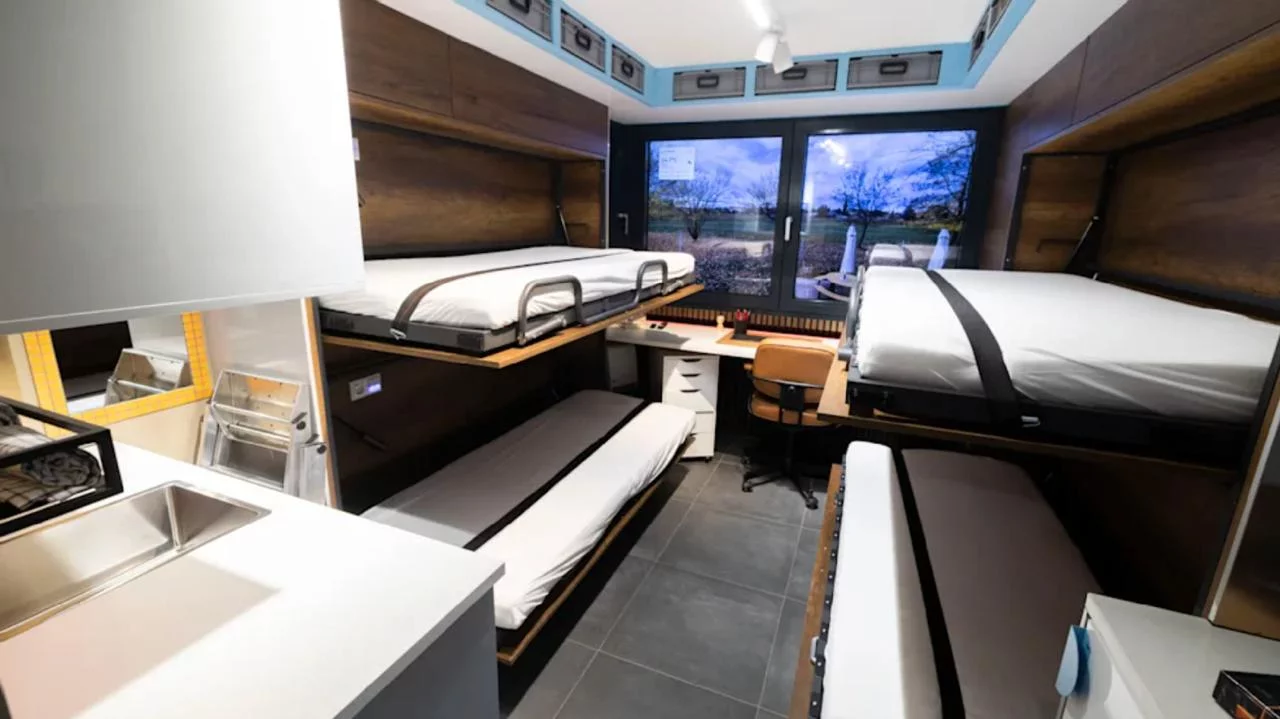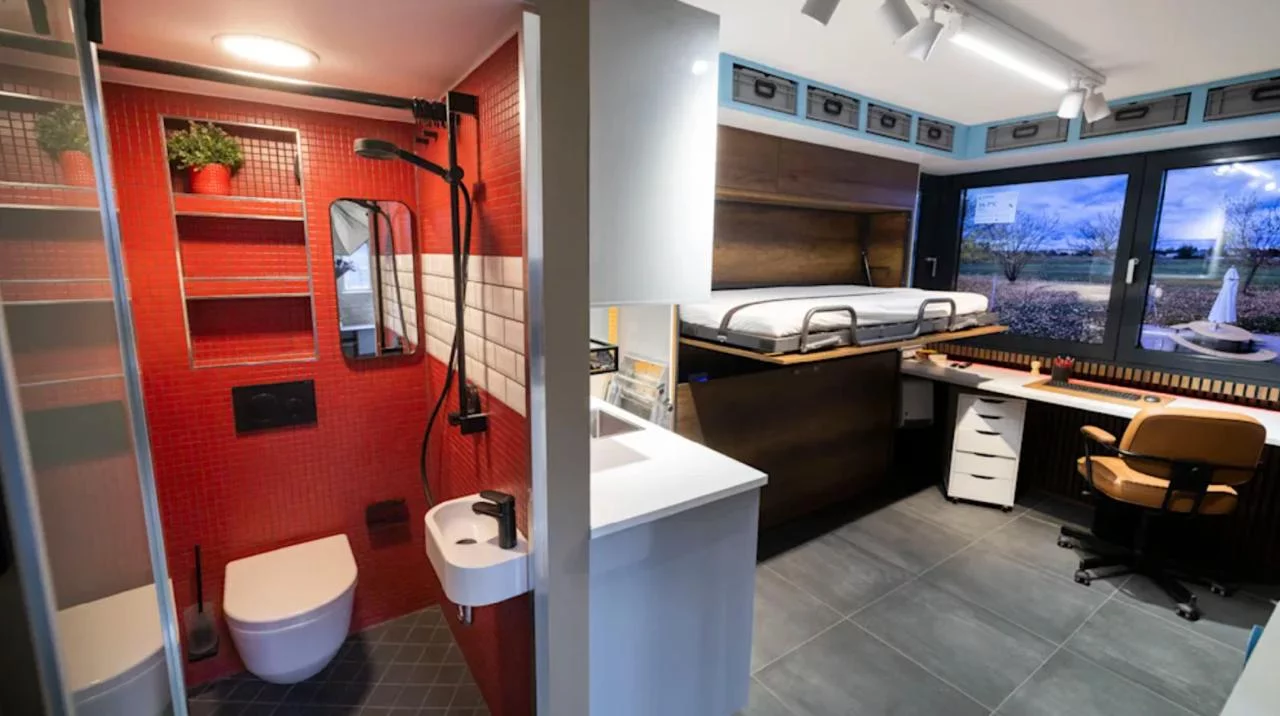"House-bunkers" went on sale in Germany after the Russian threat

At a time when geopolitical tensions are intensifying in Europe, the population of Germany is seeking a new solution to ensure its security. In recent months, the demand for private shelters, i.e., mini-bunkers intended for home use, has sharply increased in the country. This was reported by the BILD publication.
Analysts note that fears about possible provocations by Russian troops or drones have become a real fear in the minds of German citizens. Therefore, local manufacturers have begun to offer new types of household appliances that ensure safety.
Among such products, the first to go on sale was the "home bunker" prototype developed by BSSD Defence. This protective module has an area of 16 square meters, and its walls are made of reinforced concrete with a thickness of 20 centimeters.

The engineers who created the project describe it as a mini-house that allows you to live autonomously seven days a week. It has four folding beds, a shower, a toilet, a mini-kitchen, and a screen that serves as a window. The lighting system can change color and brightness in accordance with a person's mood.
According to Mario Payde, head of BSSD Defence, the shelter is capable of withstanding drones, mortar shells, and even 107mm missile strikes. If it is installed at a depth of several meters, it is possible to extinguish the effects of a nuclear explosion within a radius of 20 kilometers.

"We want people to perceive the bunker not as a scary concrete box, but as a modern protective device, a symbol of peace," Payde said.
The price of the "House-Bunker" starts from 50 thousand euros in the basic structure, while the fully equipped version reaches 150 thousand euros. Preparation of each bunker takes about 70 working days.
Experts note that interest in such products is growing rapidly in various German cities. Some manufacturers plan to implement these models not only in private houses, but also in enterprises, schools, and small towns.
According to economists, the "house-bunker" trend signifies a new stage in European security policy. Citizens are now thinking not only about stable electricity or internet, but also about physical protection.
Such an approach, especially at a time when relations between Russia and the West have cooled, shows that the security culture in European society is rising to a new level.
Read “Zamin” on Telegram!





















